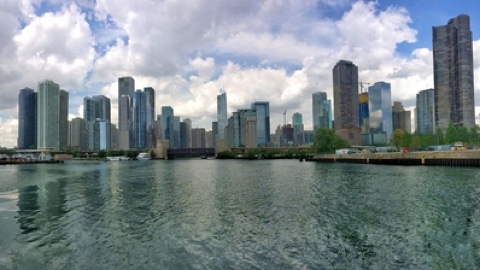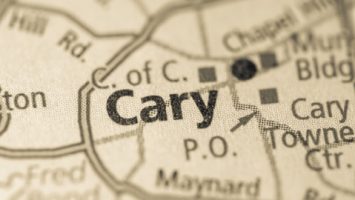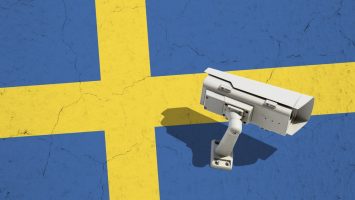
As part of a series exploring smart city efforts from the mouths of those advocating project implementation municipalities around the country, we interviewed Chris Castro, Director of Sustainability for Orlando, Florida. Here’s what he has to say:
(SCC): What does smart city transformation mean to you?
(Chris Castro – CC): I see smart cities as the nexus between sustainability and technology. Smart means leveraging the ever-evolving digital technologies, information systems, and data analytics to achieve a better end state, whether it be enhanced livability, workability, sustainability, and resilience of our city. The concept of smart is really about encouraging investments in human and social capital, along with communications systems, to accelerate more sustainable economic growth and a higher quality of life.
(SCC): For Orlando, what is the ideal result from growing as a smart community?
(CC): I think the goal of developing a smart city means that
- the overall quality of life and well-being of our residents improves,
- we maintain economic competitiveness to attract businesses and talent,
- we protect the environment and natural resources,
- we become a great place to live, work, learn, play, and raise a family.
It’s still about achieving the triple bottom line of sustainability (people, planet, prosperity) by capturing real-time data, performing analytics, and deriving intelligent decision making as a result.
Some of outcomes for a Smarter Orlando could be:
- Reduced public spending on the provision and management of public services
- Increased efficiency on managing resources
- Improved quality of services
- Better support in decision-making and facilitating the identification of the city’s needs and the approach for new services
- Promoting innovation by providing an ideal platform for innovating, incubating new business and, in general, promoting social development
- Providing information in real time, which enhances the awareness of citizens about the environment in which they live and improves the administration’s transparency.
(SCC): What keeps you up at night? What challenge has you stumped?
(CC): Risk and procurement.
The rapid pace of technological advancements presents a unique challenge for local governments looking to embrace the Internet of Things (IoT) and the smart cities revolution. With finite budgets and public scrutiny, falling into the black hole of planned obsolescence can be a major risk for cities as they begin deploying technologies and sensors through the urban landscape. As a result, we need to identify new strategies
Procurement is a major challenge for cities. Our bureaucratic processes are often not quick enough to capitalize on the emerging technologies that could yield great benefits.
I think a “hardware + software -as -a -service” model for smart cities may alleviate these challenges and streamline the benefits that we will see from a smarter and more sustainable city.
Thank you, Orlando, for being a leader in the US in the realm of smart cities!


